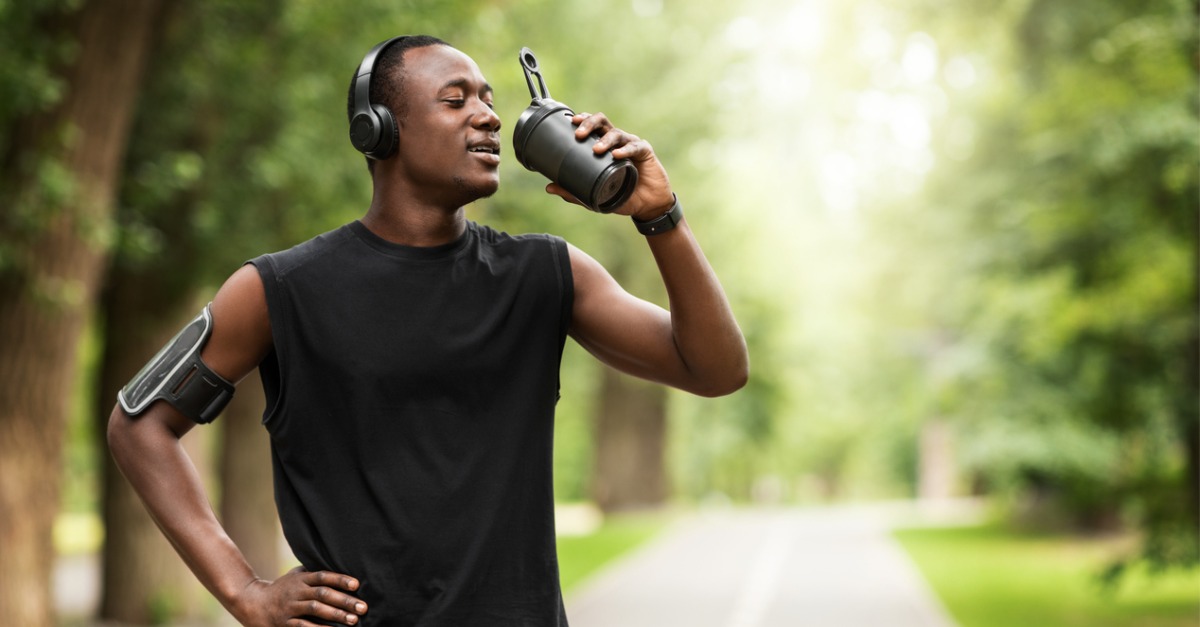Summer means longer days and warmer temperatures, so most people find themselves spending more time outside. Children also get a break from their normal school routine, and many families enjoy this time for booking summer vacations. No matter what brings you outdoors this season, it’s important to be mindful of the risks that come with heat exposure.
What Are Heat-Related Illnesses?
There are three main types of heat-related illnesses:
- Heat cramps: This involves muscle spasms and tension that occur during or after activity in hot weather.
- Heat exhaustion: This develops when your body sweats too much, leading to a loss of water and salt. Symptoms include having pale or moist skin, fatigue or weakness, nausea, diarrhea, vomiting, and possibly a fever over 100.4. Heat exhaustion can progress into heat stroke if left unaddressed.
- Heat stroke: This is the most serious heat illness which happens when your body’s ability to regulate its own temperature becomes overwhelmed by excessive heat. Heat stroke has many of the same symptoms as heat exhaustion, but its potential rapid heart rate, stupor, seizures, and high fever make it even more dangerous. If you think you or anyone you’re with may be suffering heat stroke, call 911 immediately.
Heat stroke is life-threatening, but all forms of heat-related illnesses are preventable.
How Can You Stay Safe in the Heat?
Whether you’ll be working outdoors, have a beach day planned, are taking a trip to a theme park, or are spending long amounts of time outside for any reason, don’t let the threat of heat illness derail your plans. Just use these prevention practices to stay safe.
- Stay hydrated. Drinking lots of water is the best option for the summer. It will help your body replenish the moisture it loses from sweating. Juice and sports drinks are other options to consider, but avoid alcoholic beverages and caffeine, which could dehydrate you more.
- Wear loose, breathable clothing. Dress in light fabrics and colors to keep yourself cool.
- Apply sunblock. A sunburn can impede your body’s ability to cool itself (while also increasing your risk of skin cancer). Put on sunblock with an SPF of 30 or higher at least 30 minutes before going outside.
- in during the hottest hours. If possible, schedule your outdoor activities for the early morning or evening hours. It may not feel much cooler, but being out of the direct sun can help you avoid heat illnesses.
- Go slowly. If you’re unaccustomed to heat, allow your body time to get used to it gradually. Don’t push yourself physically, and take frequent breaks during walks or other outdoor exercise.
What to Do if Signs of a Heat Illness Occur
If you even suspect you’re having symptoms of heat cramps or heat exhaustion, move to a cool place right away. Take small sips of water, and use damp cloths or personal fan or mister to help reduce your body temperature. If possible, get yourself into a cool bath. Use the buddy system in the summer and talk to friends and family about heat-related illnesses so everyone can look out for one another.
Avoiding heat-related illnesses is just one way to stay healthy this summer. For all of your other wellness needs, turn to YourTown Health. Our caring providers offer health care for the whole family, including sick visits and preventive services such as vaccines and check-ups. Find your nearest office online to schedule an appointment.

